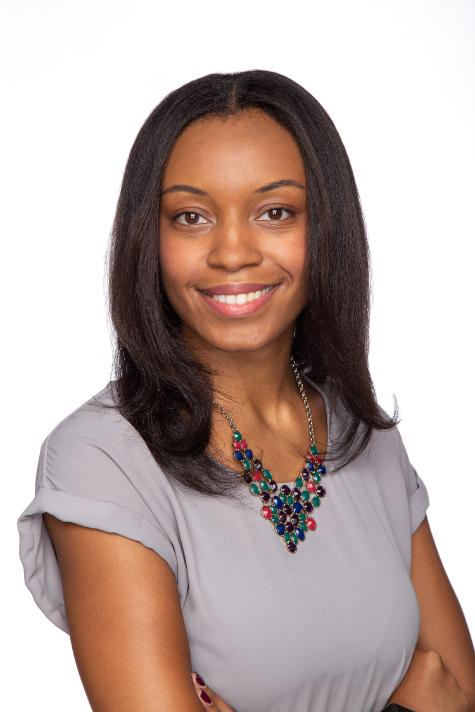GSE Alumni Spotlight: Kristin Jones
Assistant Principal Kristin Jones on the Rewards of Teaching

When the opportunity came up to become assistant principal, Kristin Jones took it. “I have a pretty good grasp of where they’re coming from and what they’re expected to do as middle schoolers,” Jones said.
Before becoming a teacher, she attended Macaulay Honors College at Hunter College and studied in Spain. She earned her undergraduate degree in English and language arts education from The City University of New York. She later earned her master’s degree in general and special education from Touro GSE.
Why did you want to become a teacher?
I've wanted to be a teacher since I was eight or nine-years-old. Initially, it was simply because I did well in school, so I liked it a lot and wanted to make a career out of it. As I got older, I was often selected to help other classmates during class. I felt like I had a knack for breaking things down in a way that could be easily digested and understood. I enjoyed the rewarding feeling of someone coming to a greater understanding because I had helped them. As a teen, I also taught dance at my church and enjoyed the same feeling. I knew with certainty by the time I was 13 that I wanted to be a teacher because I loved how it felt to help people through teaching.
What prompted you to receive your master’s degree in general and special education from Touro College? What skills did you learn that are helping you in your new role as assistant principal at Success Academy?
I pursued my master's degree in general and special education from Touro College because Success Academy had a partnership with Touro at the time. This allowed me to work full time at Success Academy Harlem 4 and to apply everything that I learned from Touro classes in my elementary classroom immediately. Since I had already studied general education in my undergraduate studies, the biggest takeaways that I have from the Touro graduate degree program relates to special education. I learned about theories, behaviors, and symptoms that have allowed me to be more responsive to and supportive of my scholars, both as a teacher and a leader. I'm able to better distinguish between behavior issues and those that are likely rooted in learning disabilities, emotional needs or developmental problems. That has been hugely impactful in my professional capacity to recognize and provide what my scholars need to get the most out of their education.
What is a typical day like for you as an assistant principal?
A typical day for me consists of shaking scholars' hands at the arrival door at 7:45, checking and following up with any families whose scholars are late or absent, observing 0 period (intervention classes, theater, art, step, and volleyball), studying lesson plans, giving feedback to teachers during academic blocks of the day, joining scholars for lunch and recess, leading planning meetings and mingling with families at 4:30 dismissal.
What is your favorite part of your new role? The most challenging?
My favorite part of the role is connecting with scholars and families. When you first start, especially because my school is a brand new middle school, they don't fully trust you. They trust you on a basic level because of your title, but they don't trust that you really care and are invested in them. When I have a particularly good meeting with a parent, during which I show them that I really have been closely studying their individual scholar's work, there's this powerful shift that happens. The same applies when a scholar is having a rough day and I take a minute to listen to them and give them some encouraging words. Every interaction after those small moments is different, and with each one, I can feel the community becoming more genuine and strong.
The most challenging part is making sure that I am giving teachers what they need to be successful and differentiating their development. I have some fifth year teachers and others who have just received their undergraduate degrees. The level of support that they need is different, so catering to that is a challenge into which I've been putting a lot of effort. Ultimately, regardless of their experience, our scholars need to get an excellent education. Thus, filling in those gaps for teachers is something I'm really committed to doing.
What advice would you give to new teachers?
The biggest pieces of advice that I give new teachers is to make a conscious effort to think about the kids more than you think about yourself. When you ground your decisions in what you believe is best for them, your instincts are usually right. I spent too much time as a first year teacher being nervous about how it looked like I was doing to other adults. When I realized that I would excel at my job by solely focusing on the kids, my practice improved dramatically. Also, be demanding. When you truly believe that your students can meet your expectations, they will meet them. Shoot high rather than low. Children are really smart, and they will work as hard as you demand that they work in your classroom. It also makes them feel like you believe in them and instills great habits when they know that giving their best is a requirement all the time.
December 2018 update: Since the publication of this article, Kristin Jones has been promoted to Principal.

